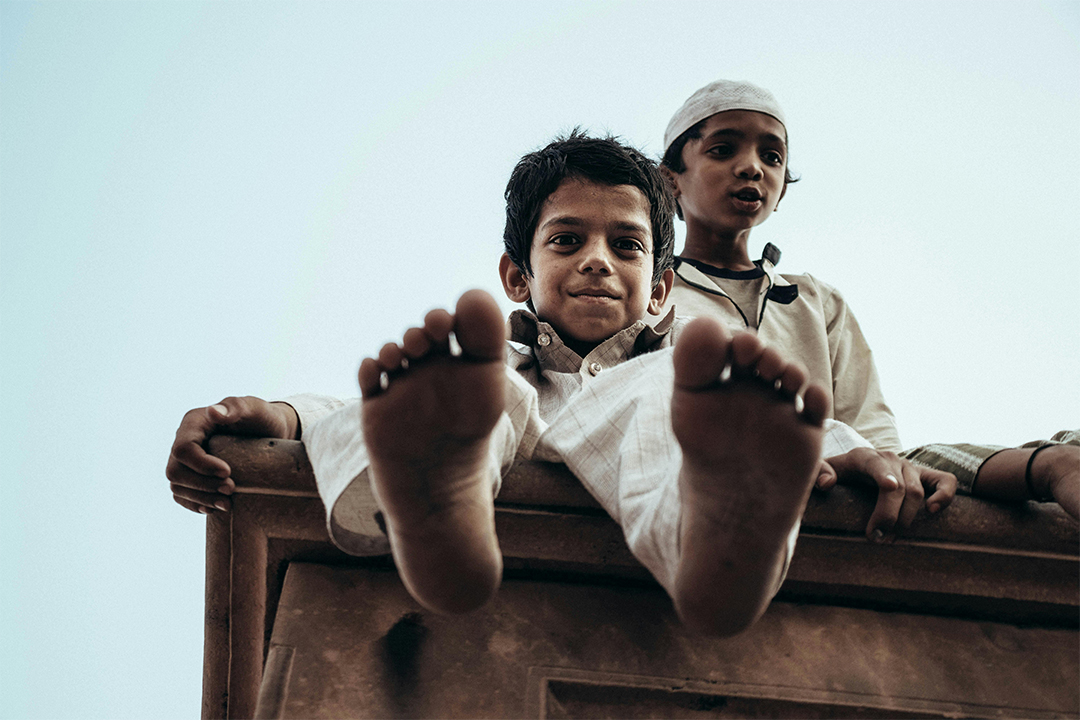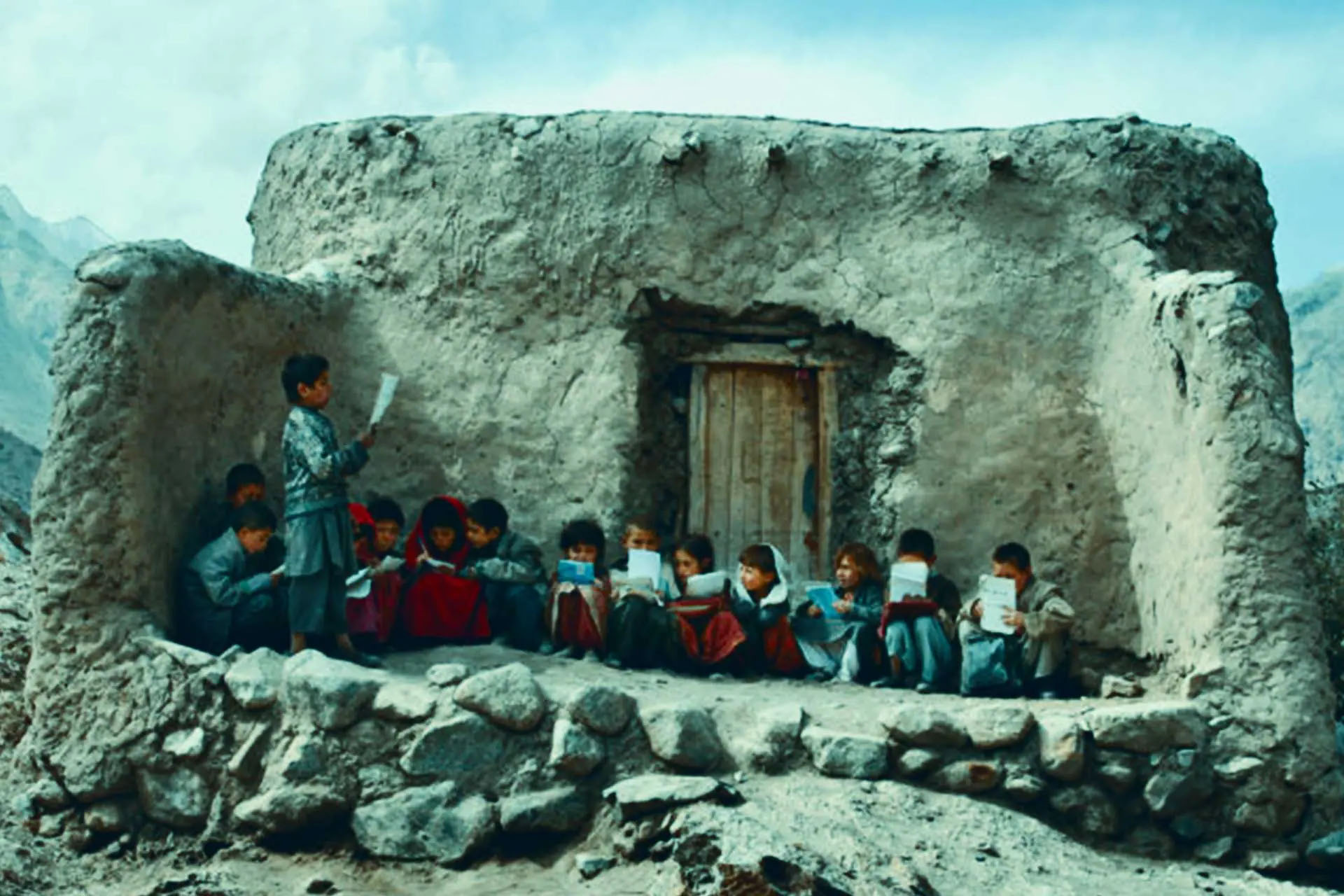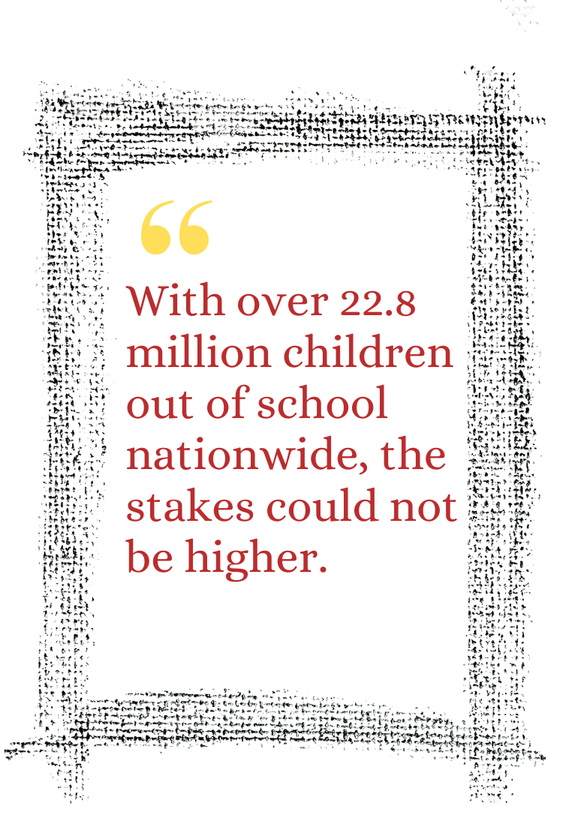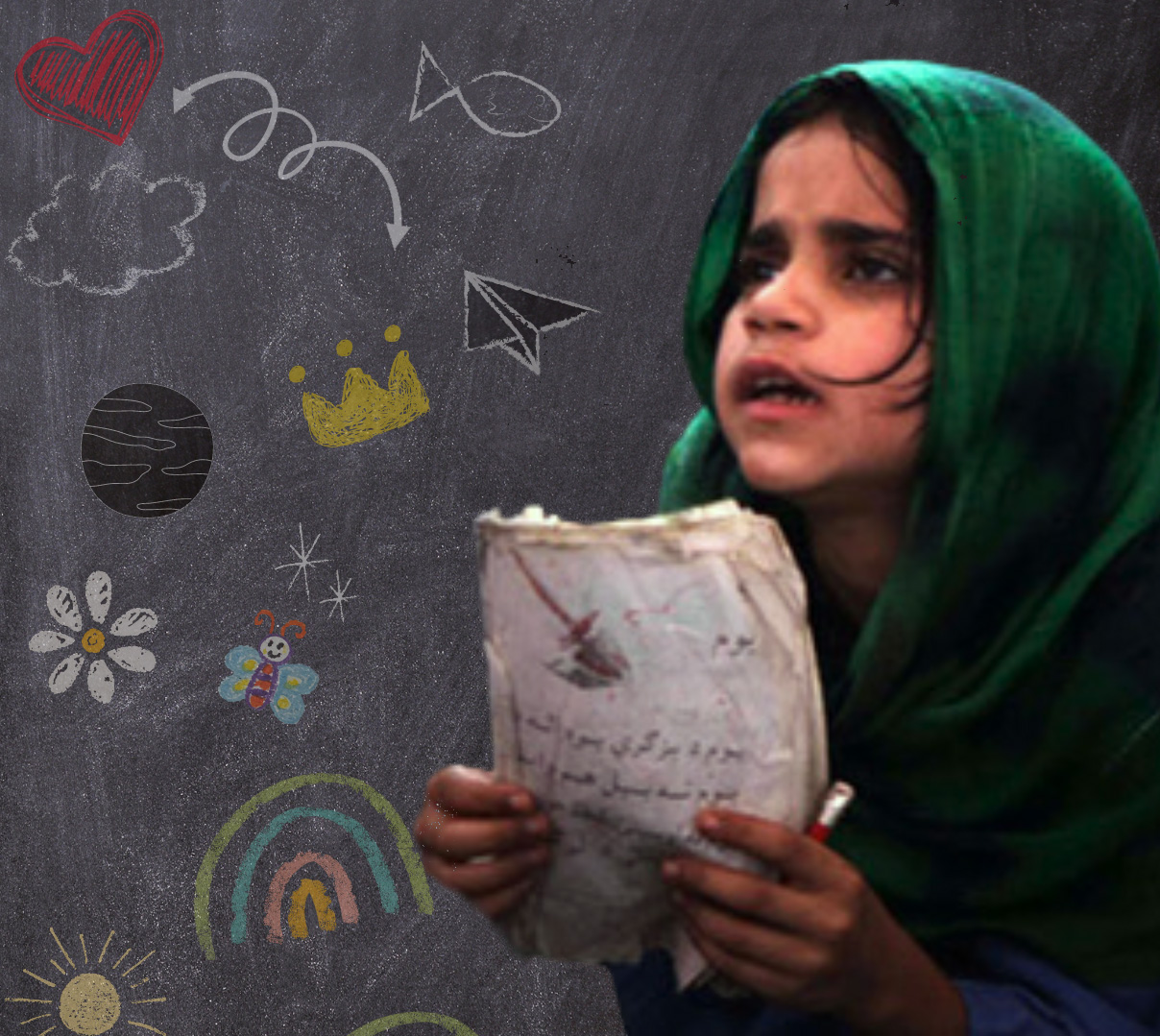Jamila Achakzai
Pakistan is increasingly bearing the brunt of climate change, with devastating impacts on its environment and population. Vulnerable communities, particularly in rural areas, face heightened risks to their livelihoods, health, and prospects for a better future. Pakistan is already witnessing the impacts on the education system in Balochistan, exacerbating existing challenges and introducing new obstacles for students, teachers, and educational infrastructure.
Balochistan’s education system is already beset by various challenges that negatively impact students’ learning experiences and outcomes. The province’s literacy rate is among the lowest in Pakistan, at approximately 44%. This alarming figure underscores a deep-rooted crisis, intensified by, but not limited to, significant gender disparities, infrastructure deficiencies, security concerns, mobility issues and scarce educational resources.
Climate change is introducing new obstacles for the education system in Balochistan. Almost two years after monsoon floods destroyed schools in Balochistan, leaving hundreds of children without access to formal learning, the forecast of above-normal rainfall in the next few weeks has heightened fears about further disruption to their education in the southwestern province, the largest in the country by size.
Return to School Not in Sight
As many schools are still in disrepair, people are deeply concerned about their children’s future. Among them is Bibi Jahan Ara, a widow living in the impoverished Gulistan neighborhood of the provincial capital, Quetta. Before the August 2022 massive flooding, the 41-year-old’s four children attended a government primary school, but the deluge disrupted their education by badly damaging their school. With repairs to the building awaited and no formal schooling available, Ara enrolled her children in a nearby madrassa to study the Quran.

uneducated myself, but I sent all my children to school for a better future
Time Slipping Away but Schools Not Reopening
“I was uneducated myself, but I sent all my children to school for a better future. Their education stopped abruptly due to the school’s destruction and the lack of teachers,” she says. The widow fears further learning loss for her children as the Provincial Disaster Management’s forecast of heavier rains in 2024 in Balochistan. Her story is not unique. Many families in her area are facing similar challenges.
Two Years On, Education Still Elusive
Masood Ahmed, a high school teacher, insists that sending children to seminaries due to a lack of school infrastructure is not new. “School closures during the COVID-19 pandemic in 2019–20, followed by the 2022 floods, led many families, particularly those from poorer backgrounds, to resort to madrassas for their children’s education over fears that idleness would spoil their children.” The teacher also points out that many of the schools that closed only offered education up to grade 5 and were often staffed by just one teacher.
Uncertainty Looms Over Children’s Learning
In contrast, the situation in the southern Sindh province, which also suffered significant school damage during the August 2022 floods, is different. This might be because madrassas often provide meals alongside religious education, according to Naseer Memon, a civil society professional based in Karachi. Also, religious organisations were more active in flood relief activities than the government was.
Floods & Teacher Shortages Devastate Education
Professor Qadir Bakhsh Baloch, a former education minister in Balochistan, puts the number of schools damaged by floods in the province at over 5,500. However, nearly half of them are still in disrepair. The worst-hit areas include Gulistan, Qila Abdullah, Pishin, Jaffarabad, Naseerabad, Chaghi, Khuzdar, and Turbat, where around 90 percent of public schools were damaged. Balochistan also faces a severe teacher shortage, which exacerbates the problem.

image Credit: HRCB
Professor Qadir reveals that six out of ten children in the province either don’t go to school or drop out before completing grade 5. Over 3,500 schools are closed due to a lack of teachers, and many schools with only one teacher have no succession plan for when that teacher retires, according to him.
The Broader Context
The former minister notes that 350 teachers retire every month, deepening the crisis. Due to legal challenges, the government has not recruited any new teachers since 2019. Mr. Memon argues that the government has prioritized rebuilding lood-damaged houses, flood protection embankments, and major roads over school rehabilitation, citing limited financial resources as the reason for focusing on these areas.
As a result, the floods left hundreds of students without in-person learning for months, as damaged schools remained unusable. Additionally, hundreds of schools were converted into relief camps, housing displaced people for extended periods. In areas where buildings are completely destroyed, most children are out of school, according to Mr Memon. “The only exceptions are places with temporary learning centres in tents or private buildings.” Official statistics show that the education of 2.3 million students a was affected by the floods, highlighting the extent of the disruption.

Efforts Towards Rehabilitation
The United Nations Children’s agency asserts that it has been actively working
to address the issue. “We [UNICEF], along with our partners, have set up temporary learning centers, cleaned and repaired schools, distributed education supplies, and helped rehabilitate schools in Balochistan, Sindh, and Punjab provinces,” says A. Sami Malik, a spokesperson for UNICEF in Islamabad. Emphasizing that the situation highlights the country’s education crisis, with 22.8 million children, mostly girls, out of school, experts urge authorities to prioritize early construction of schools and adequate recruitment of teachers to address the issue. “We [UNICEF], along with our partners, have set up temporary learning centers, cleaned and repaired schools, distributed education supplies, and helped rehabilitate schools in Balochistan, Sindh, and Punjab provinces,” says A. Sami Malik, a spokesperson for UNICEF in Islamabad. Emphasizing that the situation highlights the country’s education crisis, with 22.8 million children, mostly girls, out of school, experts urge authorities to prioritize early reconstruction of schools and adequate recruitment of teachers.

A Call for Immediate Action
The devastating impact of natural disasters on the education sector in Balochistan underscores the urgent need for a comprehensive and sustained response. While temporary measures such as learning centers and the efforts of civil society and international organizations provide some relief, they are not sufficient to address the systemic issues plaguing the region’s educational infrastructure.
Balochistan’s children deserve more than just survival; they deserve an education that equips them with the skills and knowledge to build resilient communities and a prosperous future. With over 22.8 million children out of school nationwide, the stakes could not be higher.
Rebuilding the educational framework in Balochistan should be the government’s top priority, which includes but not limited to the rehabilitation of schools and the recruitment of teachers, to ensure that education is not continuously disrupted by unforeseen calamities. Only through sustained and focused efforts can we ensure that the province’s children are not left behind in the quest for knowledge and progress.
As the skies darken with the impending monsoon rains, it is time to consider the future of Balochistan’s children. The risk of losing another generation to the ravages of nature and the neglect of their fundamental right to education looms large.







